A triumph not so much of removed authorial ego, but of artful detachment.
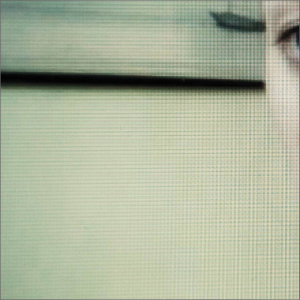 Purveyor of refined works of ambient minimalism since 2005, Kyle Bobby Dunn dials in an extended 3LP/2CD set of lugubrious ambient elegies for Alex Cobb’s estimable Students of Decay. Two Low Point high points, A Young Person’s Guide to… (2010) and Bring Me the Head of… (2012), with Ways of Meaning (Desire Path, 2011) in between, made him a leading light in the mid-’00s new wave of post-classical/ambient drone (n.b. not so much a ‘movement,’ more a convergence of activity). The quirky loner’s latest, Kyle Bobby Dunn and the Infinite Sadness, is an expansive set of slow fades and long zooms, trademark guitar swells in languorous looping sounding similar to previous, narrow tones inhabiting similar zones of evacuation, somehow more subdued though refreshed in poised pellucidity.
Purveyor of refined works of ambient minimalism since 2005, Kyle Bobby Dunn dials in an extended 3LP/2CD set of lugubrious ambient elegies for Alex Cobb’s estimable Students of Decay. Two Low Point high points, A Young Person’s Guide to… (2010) and Bring Me the Head of… (2012), with Ways of Meaning (Desire Path, 2011) in between, made him a leading light in the mid-’00s new wave of post-classical/ambient drone (n.b. not so much a ‘movement,’ more a convergence of activity). The quirky loner’s latest, Kyle Bobby Dunn and the Infinite Sadness, is an expansive set of slow fades and long zooms, trademark guitar swells in languorous looping sounding similar to previous, narrow tones inhabiting similar zones of evacuation, somehow more subdued though refreshed in poised pellucidity.
Source material from various Canadian towns was processed and arranged at his Montreal studio while, Dunn would archly have it, ‘reflecting heavily on the gorgeous feet of a certain French woman and binging on strong beers and cheese.’ There’s a sense that the droll allusions of Dunn’s preferred persona—verging on a sardonic-miserabilist blend-clash of Stars of the Lid and/vs. Morrissey—serve to defuse the eponymous infinite emotion, a palliative to personal pain, a curb to cosmic angst. Certainly “Ouverture de Peter Hodge Transport,” with its small shifts in pitch, micro-variations in texture, and gradualist arcs hypnotically accruing momentum, sets a melancholic tone that’s further elaborated through other pieces; but many of its titles seem to knowingly dampen their doleful mien—viz. “Boring Foothills of Foot Fetishville” and “Confessions of the Mildly Miserable.” Dunn’s tonal muse leans toward lower-register languish, timbres subtly saturated not so much towards dissonance as a more nuanced resonance—think BoC’s wow’n’flutter warble effect as analogy. Dunn’s is a dalliance with the downcast, a flirtation with the forlorn, inky tints staining its stretched sustains. Brightness breaks through intermittently, and overall its sadness feels at a remove, eschewing total dolorous dwelling, preferring bitter-sweet reflection. The tone is set succinctly, shunning extended intros or gratuitous stasis, truer in its aim. It’s a focus that incidentally enhances the few longer pieces—a parsimony that earns him indulgence rights, for example on “Variation on a Theme by St. Dipshit,” high-end waves breaking, intimate and grandiose. Sometimes simple is efficient, e.g. “Rue De Guy-Mathieu,” a long drawn-out stream of mostly shutters-down low-end drone, the micro-variations of “Boring Foothills of Foot Fetishville,” or the slow cresting of “On Top of Timeless Hour.” Poignant closer “And The Day Is Dunn (And I Can Only Think Of You)” gets closest to ultimate heartstring-tug stuff, but Dunn generally finds a (sad) happy medium between rousing OST-ready crowd-pleasing swells and the bloodless reticence of some of his more conceptually tricked out peers.
Overall, Dunn’s sleight of hand is apparent in his deceptively simple yet deeply detailed ineffable textures. Rothko-esque tone color fields evoke a response through suggestivity—of moods and images, of open-ended spaces—affordances to project from his oblique strategies of prompting with the streams and currents of his arrangements, the listener ultimately the driver of where a given structure takes them to. Transportive without being directive, staying any stronger authorial steering hand, Kyle Bobby Dunn and the Infinite Sadness is a triumph not so much of removed authorial ego, but of artful detachment.
Kyle Bobby Dunn and the Infinite Sadness is available on Students of Decay.






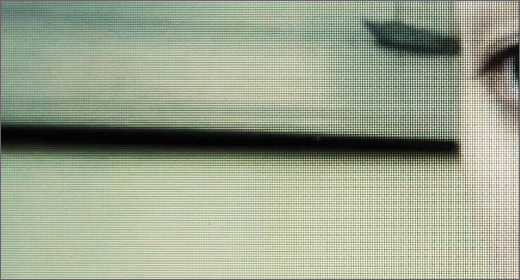

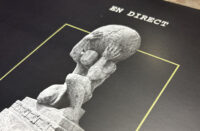


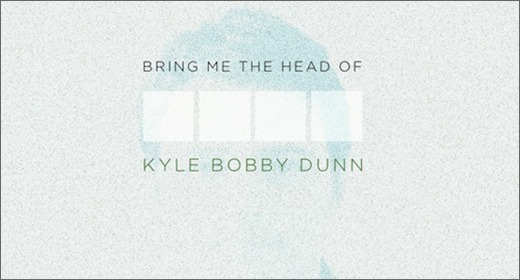
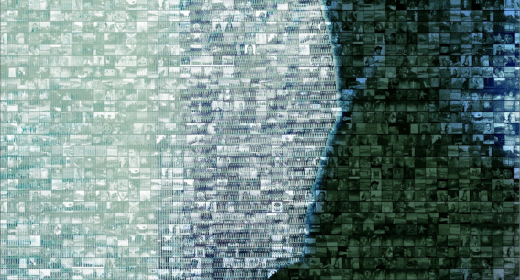


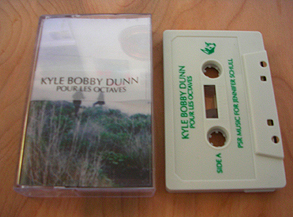
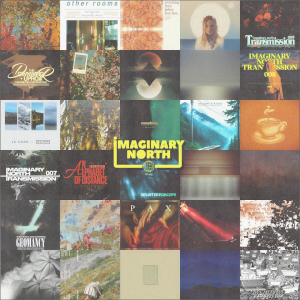







![Romanowitch :: A critical season substitute (glitch.cool) — [concise]](https://igloomag.com/wp/wp-content/uploads/2025/03/romanowitch-a-critical-season-substitute_tape_feat-75x75.jpg)

